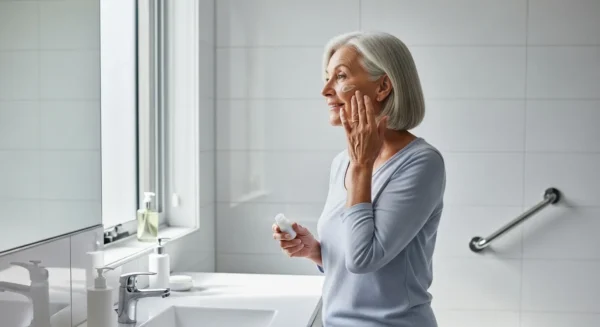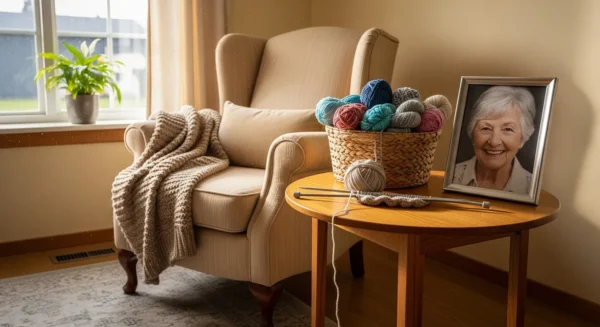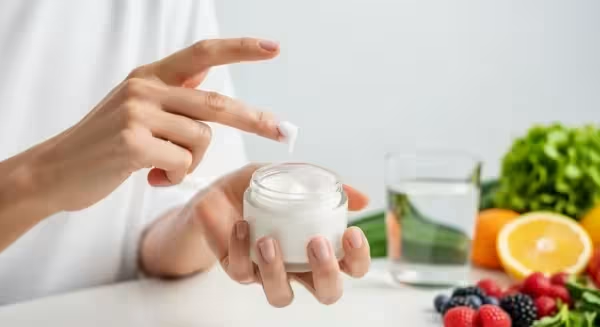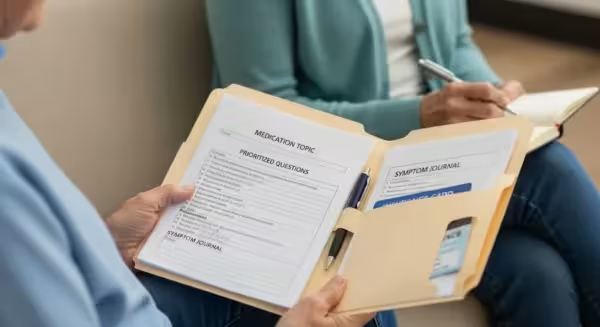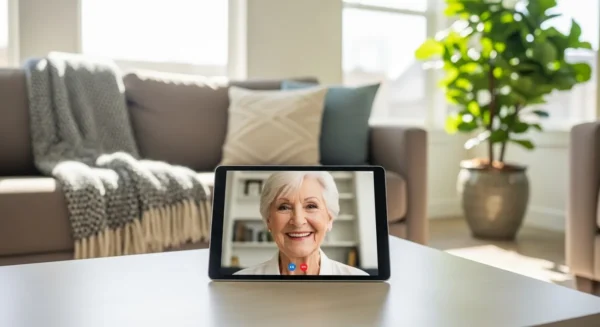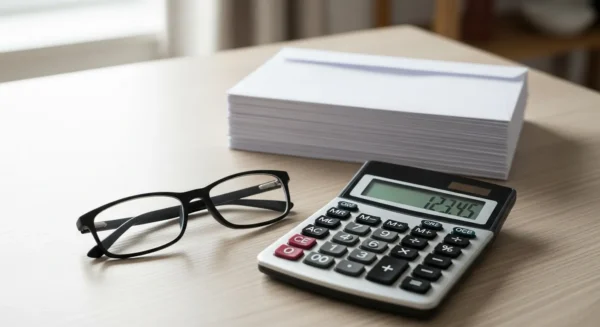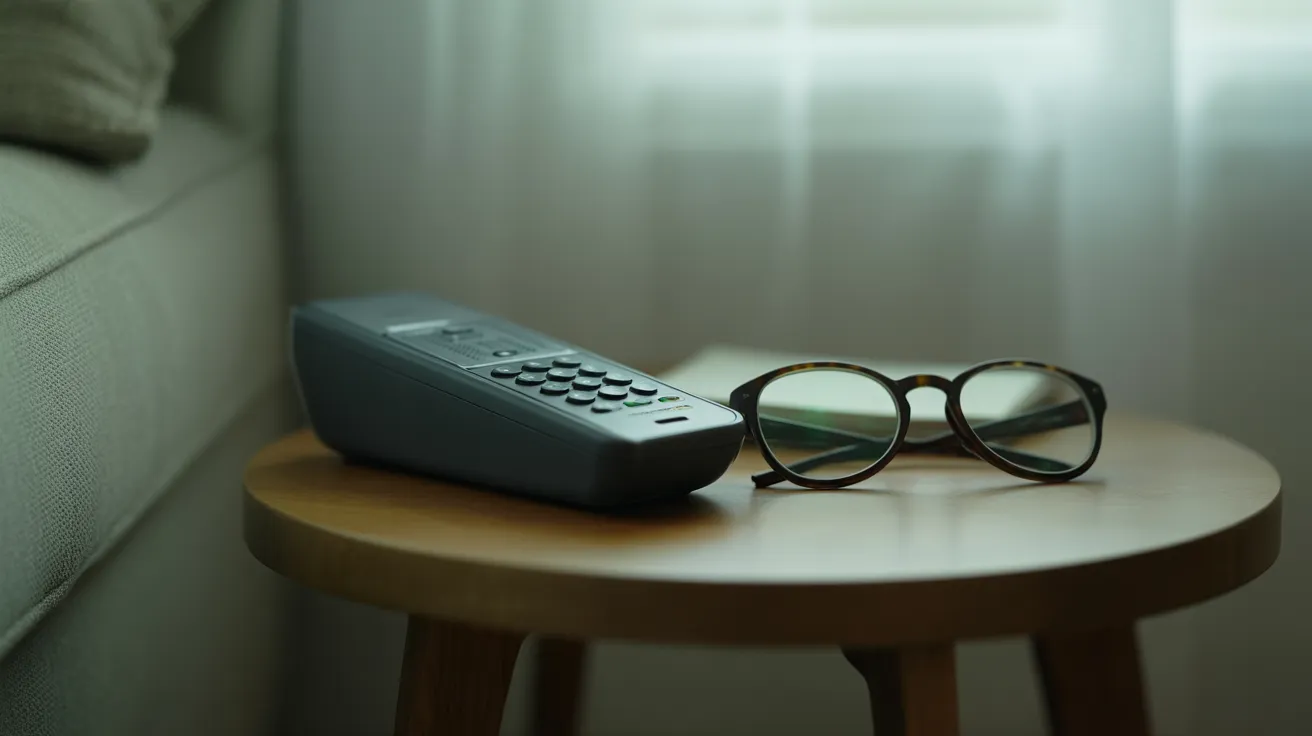
Financial Red Flags and Scams to Watch Out For
Unfortunately, where there is financial stress, criminals are often waiting to take advantage. Seniors are frequently targeted by scams related to healthcare and prescriptions. Being aware of their tactics is your best defense.
1. The Unsolicited “Medicare” Call
The Scam: You receive an unexpected phone call from someone claiming to be from Medicare or a related agency. They say you are eligible for a new, “free” prescription drug card or a better drug plan, but they need to “verify” your personal information first. They will ask for your Medicare number, Social Security number, or bank account information.
The Reality: Medicare will almost never call you unsolicited to sell you something or ask for personal information. Official communication is typically done through the mail. Never, ever give your Medicare number or other sensitive data to someone who calls you out of the blue. If the offer sounds legitimate, hang up, find the official phone number for Medicare (1-800-MEDICARE) yourself, and call them directly to inquire.
2. Illegitimate Online Pharmacies
The Scam: You find a website online, often based overseas, that advertises brand-name drugs at incredibly low prices, no prescription required. It seems like an easy way to save money.
The Dangers: These rogue pharmacies are incredibly risky. They may send you counterfeit drugs with no active ingredient, the wrong ingredient, or a dangerous dose. They could also send you expired medication. At best, you lose your money; at worst, you could seriously harm your health. They may also steal your credit card information. Look for online pharmacies that are located in the U.S. and display the Verified Internet Pharmacy Practice Sites (VIPPS) seal from the National Association of Boards of Pharmacy (NABP).
3. “Free” Supplies or Creams Bait-and-Switch
The Scam: You see an ad on TV or online offering “free” diabetic testing supplies, pain-relieving creams, or medical equipment at no cost to you because “Medicare will cover it all.” When you call, they aggressively push for your Medicare number.
The Reality: This is often a scheme to commit Medicare fraud. The company will use your number to bill Medicare for thousands of dollars in supplies you either didn’t need or never received. This not only defrauds the system but can also complicate your ability to get legitimate supplies you actually need later on. Be extremely wary of any offer that sounds too good to be true. To protect yourself from scams and for consumer information, consult the Consumer Financial Protection Bureau (CFPB) and the FTC.

